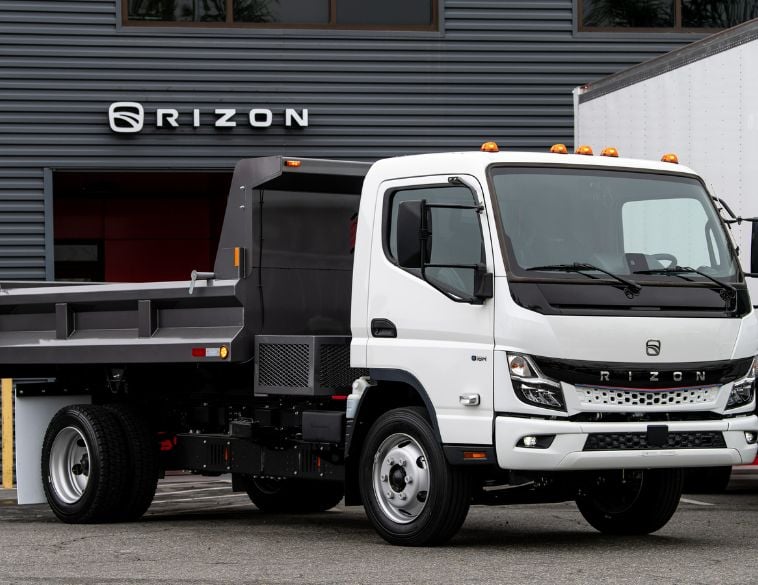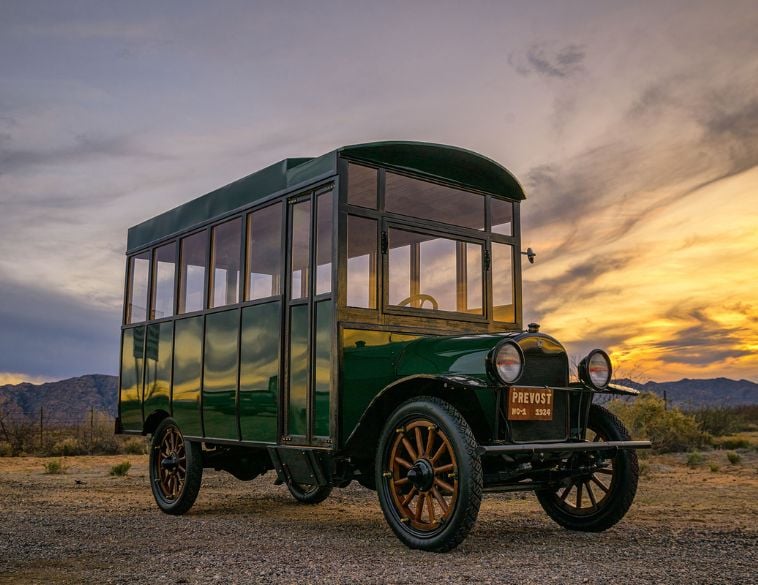The new decade and the COVID-19 pandemic are causing organizations to reassess and re-prioritize. 2020 should be known for the 3Ps –ingenious pivot strategies, partnering for survival and prioritizing employee care and productivity.
The ‘pandemic pivot’ is the ability of an organization to respond to what appears to be our new reality on a monthly, weekly, and sometimes daily basis.
Distilleries are making hand sanitizers; car companies are making ventilators and school busses are moving meals for shut-ins rather than students.
In all cases, fleet organizations have been instrumental in predicting future needs and adjusting the fleet size, vehicle type and operational strategies to support.
The need to pivot has amplified the importance of industry disrupters like technological innovation and autonomous solutions.
These investments have a huge pay-off in the pandemic-induced recession where technology is aiding tough decisions on efficiency improvements and employee safety.
Proactive organizations are embracing technology platforms that keep employees at home and innovative ways to provide mobility without endangering people – keyless, touchless and autonomous are all prospering.
“We are all in this together” is one of the biggest buzz-phrases of the pandemic and rings true for the fleet industry.
North Americans, and indeed the world’s population are living in unprecedented times. This has led to a virtual need to come together and share information in fleet circles.
The leading fleet management not-for-profit agencies, like NAFA, have led the charge in this regard by promoting mutual education offerings and encouraging member engagement and cross-interaction.
Fleets are also discovering that time invested in establishing strategic partnerships and a robust supplier relationship management (SRM) program is worth the cost and energy.
Strong relationships are making a difference in access to vehicles, parts, and services across the industry.
There are millions of people in North America, from factory workers to drivers, to technicians, who need to touch cars to keep the industry afloat.
The protection of these people is being prioritized. Most fleet organizations are allowing work-from-home for administrators, rotating or staggering shifts for technicians, moving to virtual inspections and meetings, sanitizing constantly and discouraging the use of pooled vehicles.
Some of these changes will stay post-2020 and will absolutely change the way we do business.
How do we not only survive in this challenging time but thrive? Follow these surthrival tips:
- Embrace technology to inform your need to pivot.
- Invest in and leverage strategic partnerships.
- Be pro-active in pursuing efficiency initiatives.
- Make employee care a priority to ensure productivity and well-being.
- Connect with others – seek proven solutions to these new challenges.
Many of you are on the front lines and are busier than ever. Some of you have time on your hands.
There is no better way to equip yourself for the coming changes than getting certified.
NAFA’s CAFM and CAFS programs are the industry standard in this regard and are offering summer programs aimed at equipping fleet professionals for a change.



